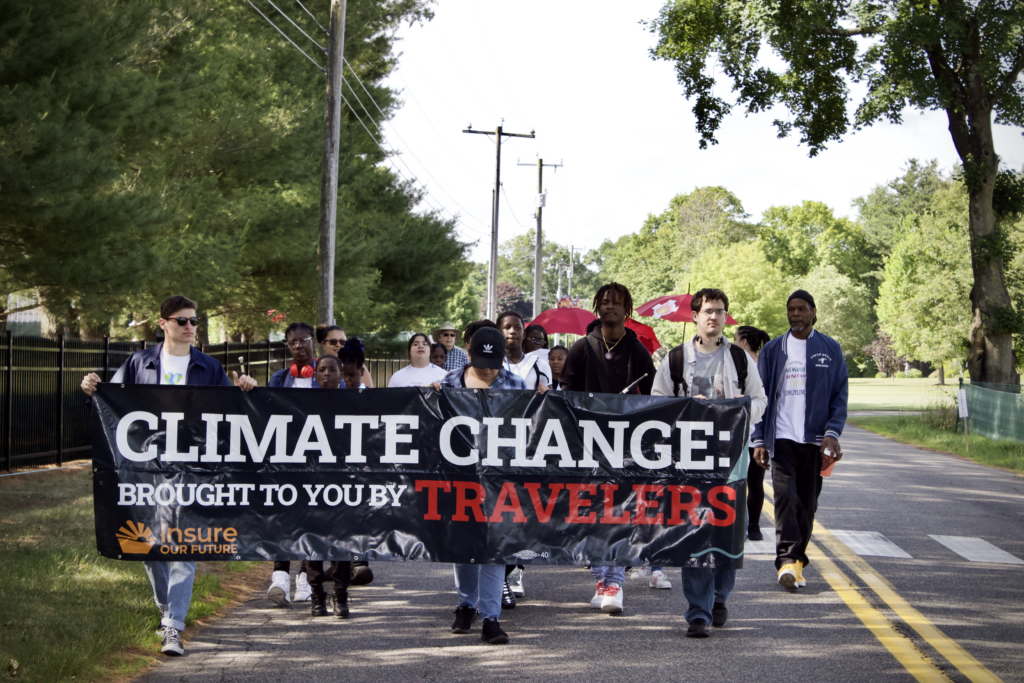Traveling to different parts of the world can be a thrilling adventure, filled with new experiences, cultures, and ideas. However, as many travelers have discovered, sometimes these adventures are interrupted by protests. Whether for political, social, or environmental reasons, protests can impact travel plans significantly. In this article, we’ll explore historical and recent examples of protests affecting travelers, share personal experiences, and provide tips on how to navigate these situations. Let’s dive in!
What Are Protests and Why Do They Happen?
Protests are public demonstrations expressing collective grievances. They can range from peaceful assemblies to violent confrontations. The reasons behind protests are as varied as the cultures and contexts they emerge from, including:
- Political changes
- Social justice movements
- Environmental concerns
- Labor rights and economic issues
The Impact of Protests on Travelers
Travelers may find themselves directly or indirectly affected by protests. This impact can manifest in various ways:
1. Disrupted Travel Plans
Road closures, canceled flights, and restricted access to locations can force tourists to change their itineraries abruptly.
2. Safety Concerns
Protests can escalate quickly into violence, posing risks to travelers who may inadvertently find themselves in the midst of a demonstration.
3. Cultural Awareness
Experiencing a protest first-hand can provide an insightful perspective into the local culture and social dynamics.
Personal Stories: Travelers’ Experiences with Protests
The Paris Protests of 2019
While traveling in Paris during the Yellow Vest protests, I found myself navigating through unexpected chaos. Initially, I intended to visit the Louvre but had to rethink my plans after discovering roadblocks throughout the city. Ultimately, I discovered quaint street markets and charming cafes I would have otherwise overlooked. This taught me the value of flexibility.
Hong Kong Protests and Travel Suspensions
During my trip to Hong Kong in 2019, the atmosphere felt charged with tension due to ongoing protests. While I faced flight delays, I learned from locals about their perspectives and the significance of their protests. Engaging in these conversations added depth to my travel experience, making it more meaningful despite the disruption.
How to Stay Informed and Prepared
1. Research Before You Go
Understanding current events in your travel destination can help you prepare adequately. Utilize resources like:
- Local news websites
- Social media platforms
- Travel advisory pages (e.g., government travel advisories)
2. Use Travel Apps
Apps like Google Maps and Waze can provide real-time information regarding road closures and blocked routes.
3. Connect with Other Travelers
Joining online forums or groups can give you insights from others who have recently traveled to the same location.

Practical Tips for Travelers
1. Stay Safe
Always prioritize your safety. If you notice a protest forming, avoid the area and seek alternate routes.
2. Be Respectful
While you may be a bystander, it’s essential to respect the local customs and the reasons for the protests. Avoid taking photos in sensitive situations.
3. Have a Contingency Plan
Make sure you have a backup plan in case your travel plans are interrupted. Keep local emergency contacts handy.

Destination Highlights: Protests Around the World
Mexico City: Social Justice Movements
Known for its vibrant culture and social activism, Mexico City occasionally sees protests focusing on women’s rights and social reforms. Visitors can engage in dialogue with activist groups for an immersive experience.
Bangkok: Political Turmoil
Travelers to Thailand may encounter political protests in Bangkok, often related to government actions. It’s vital to stay informed as these events might affect transport routes.

Berlin: Historical Protests
Berlin has a rich history of protests, from the fall of the Berlin Wall to modern-day climate marches. Tourists can explore historical contexts while navigating ongoing societal changes.
Comparative Analysis: Top Protests and Their Impact on Travelers
| Protest Location | Year | Main Issues | Impact on Travelers |
|---|---|---|---|
| Paris, France | 2019 | Economic Inequality | Travel disruptions, roadblocks |
| Hong Kong | 2019 | Democracy and Freedom | Flight cancellations, safety concerns |
| Berlin, Germany | 2020 | Climate Change | Increased traffic, public transport delays |
| Mexico City, Mexico | 2021 | Women’s Rights | Access delays, cultural engagement opportunities |

The Pros and Cons of Traveling During Protests
Pros
- Opportunities for deeper cultural understanding
- Engagement in local issues
- Unique experiences and stories to share
Cons
- Disrupted travel plans
- Safety risks
- Emotional toll of witnessing conflict

FAQs: Traveling During Protests
1. How can I check if protests are happening in my travel destination?
You can check local news sites, social media, and travel advisory pages for real-time updates about protests in your travel destination.
2. What should I do if I find myself in the middle of a protest?
Stay calm, assess the situation, and leave the area if it feels unsafe. Follow any local guidance and keep your mobile device handy.
3. Are protests common in tourist destinations?
Protests can happen anywhere, but some destinations are more prone due to political climates or social movements. It’s best to stay informed.
4. How can I be respectful while observing a protest?
Avoid taking photos unless it’s appropriate, listen to speeches if they occur, and engage respectfully with local perspectives.
Conclusion: Navigating Travel During Protests
Traveling during protests can be a challenging yet enriching experience. By staying informed, remaining flexible, and respecting local sentiments, you can navigate these situations with grace. Remember that every protest is a story – a story about cultures, struggles, and the human experience. Happy travels!